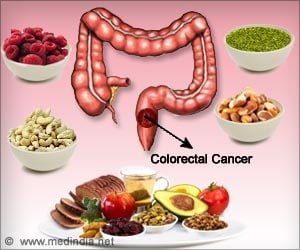Is there evidence of a link between hypertensive disorders of pregnancy (HDPs) and a higher risk of cardiovascular disease in the long run?
- Hypertensive disorders in pregnancy (HDPs) are major causes of maternal and fetal morbidity and have been linked to an increased risk of cardiovascular disease in the mother in the future
- This study's findings provide genetic evidence for a link between HDPs and an increased risk of coronary artery disease and stroke, which is only partially mediated by cardiometabolic variables
- This lends credence to HDPs being classified as risk factors for cardiovascular disease
What are Hypertensive Disorders in Pregnancy
The phrase hypertensive disorders refer to diseases such as prenatal hypertension, preeclampsia or eclampsia, and either of these pathologic states in addition to chronic hypertension. HDPs have long-term maternal health implications in addition to their short-term impact on mother and fetal pregnancy outcomes. According to observational research, women who have HDPs have a 2-fold increased long-term risk of future cardiovascular events than women who had normotensive pregnancies.Hypertensive Disorders in Pregnancy Linked with Heart Disease
Furthermore, the Nurses' Health Study II cohort found that women with HDPs had a considerably greater rate of atherosclerosis in the years following pregnancy. Yet, due to the possibility of residual confounding, causal inference cannot be inferred from such observational relationships. This is especially significant for HDPs because there are numerous probable causes of HDPs and cardiovascular disease. Clinical issues such as diabetes and obesity, as well as socioeconomic and behavioral factors, are particularly difficult to assess and account for in an observational environment.Pregnancy hypertensive problems are linked to CAD and IS. Given that blood pressure and diabetes play a role in some of this risk, these modifiable risk variables are important targets for primary prevention in women with a history of HDPs.
Future research should concentrate on determining the mechanism underlying the direct link between HDPs and CAD. More genetic research on obstetric difficulties in pregnancy should also be prioritized to provide a full assessment of the impact of obstetric morbidity on long-term maternal outcomes.
Source-Medindia
















